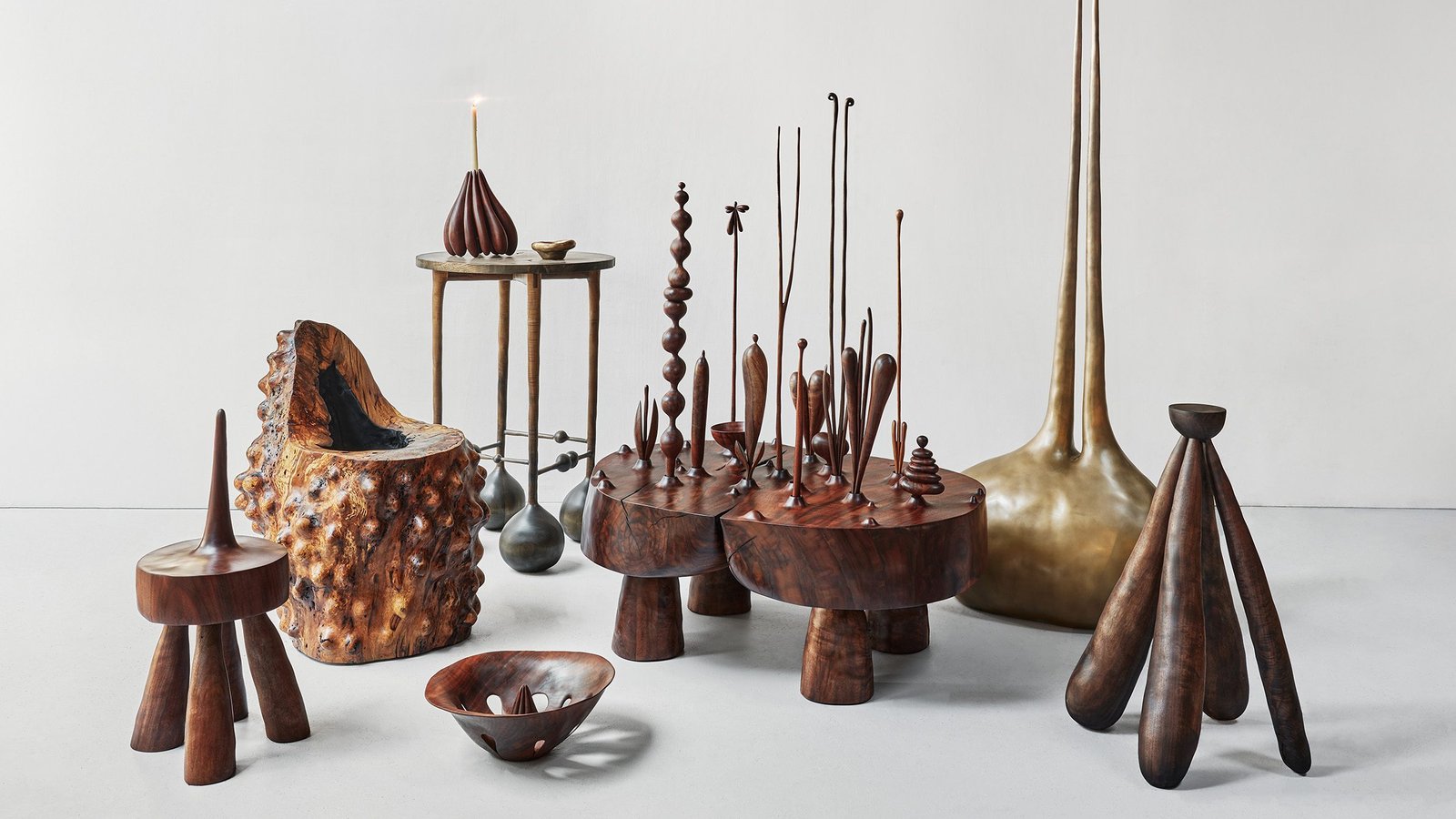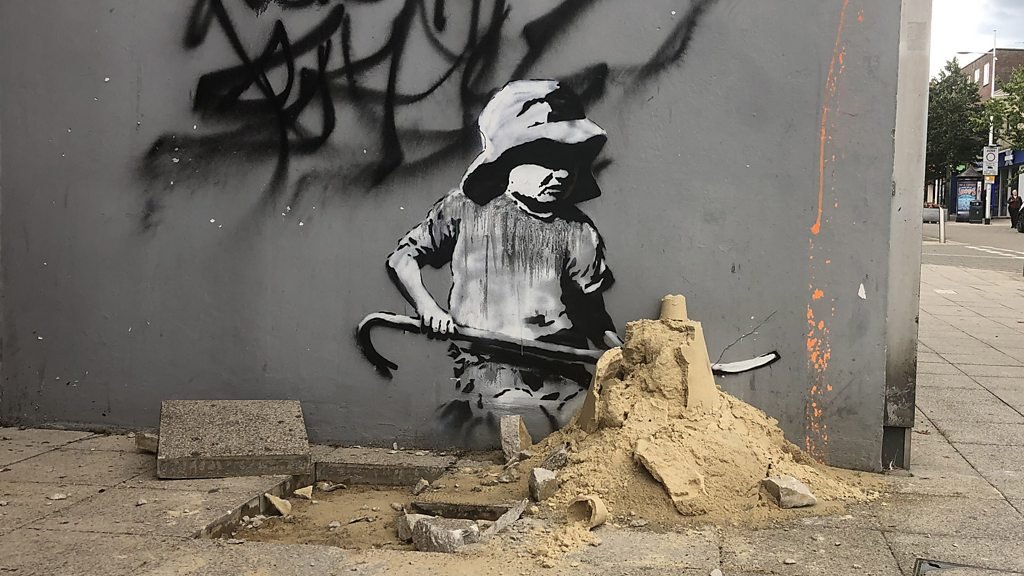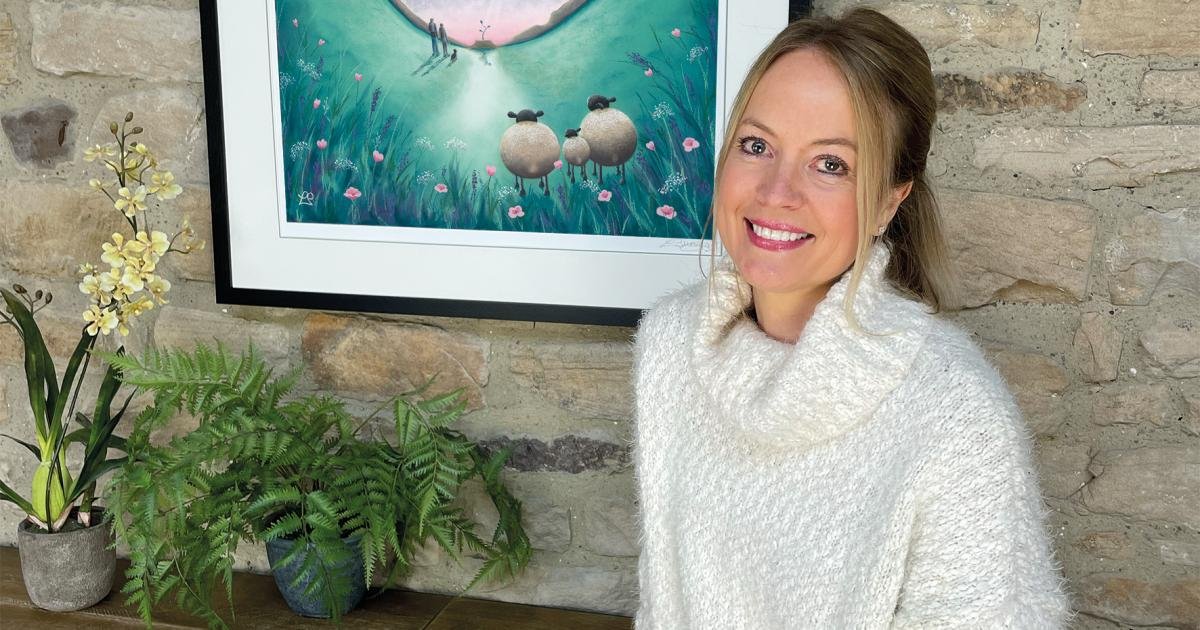GLOUCESTER–In his 50 years at C.B. Fisk Inc., Charles Nazarian has designed close to 100 pipe organs. The latest is Opus 166, an organ with about 3,000 pipes for the Church of the Little Flower in Coral Gables, Fla. Nazarian is responsible for the instrument’s aesthetic and shaping it to the church’s needs and architecture.
The Church of the Little Flower’s priest asked Nazarian to incorporate five stained glass windows into his design. “That was the driving force,” the designer said. He came up with three cherrywood cabinets for the pipes. One elegantly frames the rose window in the rear of the church. The other two bracket the choir, leaving side windows visible. Now, the organ is being crafted in C.B. Fisk’s 25,000-square-foot workshop.
Several of Nazarian’s scale models are on view in Cape Ann Museum’s exhibition “Breath of Life – C.B. Fisk, Designers, & Builders of Pipe Organs,” at CAM Green Campus through June 29.

Where to find him: www.cbfisk.com/staff/charles-nazarian/
Age: 73
Originally from: Watertown
Lives in: Gloucester, in a nineteenth-century oxen barn he converted into a house.
Making a living: In addition to his work at Fisk, Nazarian is an architectural designer of period homes and president of the Gloucester Meetinghouse Foundation.

Studio: Opus 166’s scale model fills a corner of his small, shared office at Fisk. Drawings, dowels, and sketches on foamcore cover a nearby worktable.
How he started: Nazarian studied organ as an undergraduate at Trinity College. Summers, he played Harvard’s organ. “There was a day when I was practicing, and Charles Fisk came in before me to tune the instrument,” he said. Fisk, the founder of C.B. Fisk, had designed the Harvard organ.
Nazarian had observed differences between Harvard’s organ and Trinity’s.
“I cornered him,” Nazarian said. “I asked him point blank, why is it that your instrument doesn’t do X, Y, or Z? He gave me a very tired look and said, ‘Chuck, if you think you can do better, you should come work with us.’” After a detour to law school, Nazarian apprenticed at Fisk.

What he makes: He designs and builds scale models of organs in situ.
Nazarian emphasizes the teamwork involved. It was Fisk’s approach, too.
“If you could get at the time, eight or nine people, but now 20-plus people, to agree that the scale model looked good, most likely most people would think that it was a success,” he said. “And this is the most persnickety group of artisans you can ever imagine.”

How he works: He starts with freehand sketches and moves to foamcore, which he can prop up inside his model of the church’s interior. “Once the direction seems to be working, I start turning the pipes and making the woodwork of the case,” Nazarian said.
“The core of what I do is trying to figure out what the instrument itself wants to be in the space,” he said. “The goal is for the instrument to look as if it could have always been there.”

Advice for artists: “Find the best mentors you possibly can, follow your passion in what it is you most want to do,” Nazarian said, “and combine those two pieces together.”







